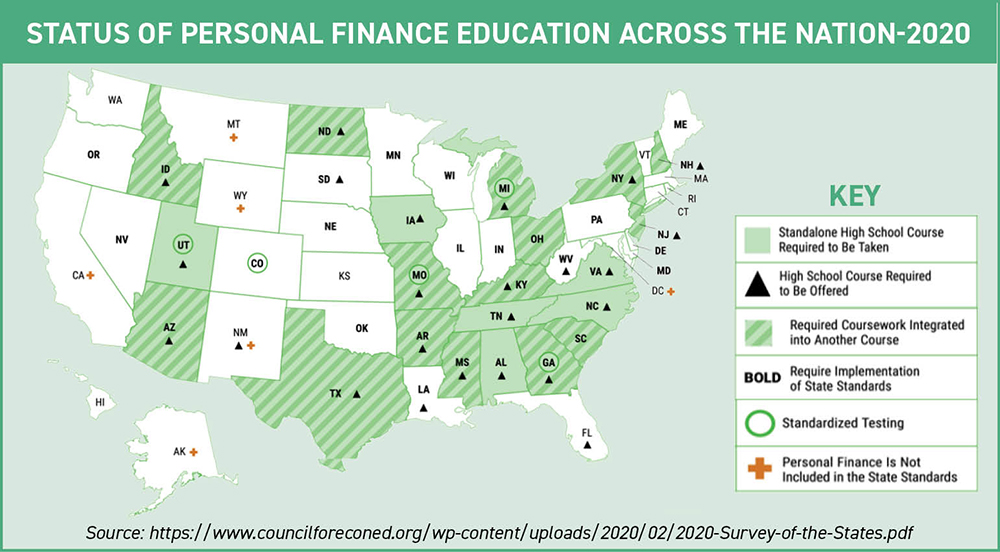
It may be a toss-up as to who dreads a family talk about your finances and the future more. You or your heirs. Regardless, if you haven’t had that talk or it’s been a while, there’s no time like the present to discuss expectations — yours and theirs — concerning your estate. They could be quite different.
At your meeting, you’ll want to share the contents and locations of your will, insurance policies, any trusts you’ve set up, your retirement plan accounts and beneficiary distributions, and a business succession plan, if appropriate, along with other estate documents.
That may be the easy part. You also need to let them in on your assets in bank, investment, and other financial accounts — something people often have difficulty doing.
If you haven’t already named a financial power of attorney and executed a healthcare proxy, a family meeting is a good time to do so or to share your choices if you have.
SHARE YOUR WISHES
It’s not just about the money, which is why many advisors encourage in-person meetings to avoid later hard feelings. That way, emotional needs can be addressed, as well as estate and financial information. Make sure everyone understands how you plan to distribute business and personal assets and why. Explain what you value.
If you’d like to see inheritances used for college expenses or a down payment on a home, you may want to set up a trust to distribute funds for those purposes and explain why.
If you want personal property to go to particular people, explain your reasons and list those bequests in your will. You may help avoid family squabbles later.
Be clear about your healthcare proxy and what life-extending measures you do and don’t want, and why you’ve chosen your proxy. It’s a difficult task not everyone can handle but needs to accept.
Finally, assure heirs that your professional advisors will be there to help.



